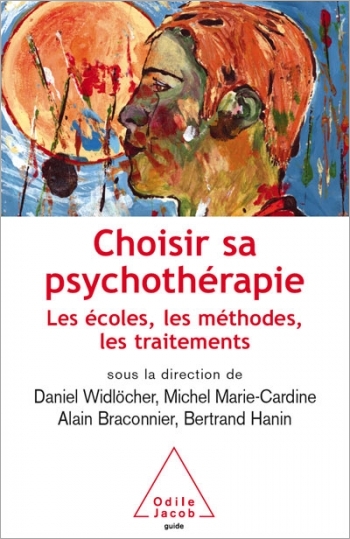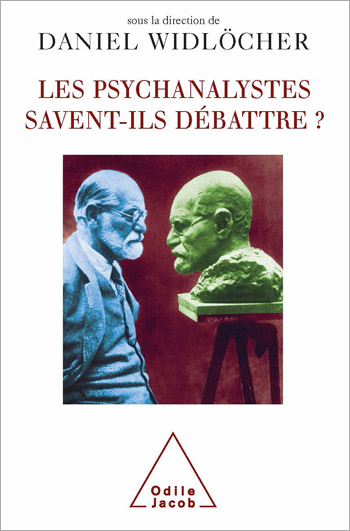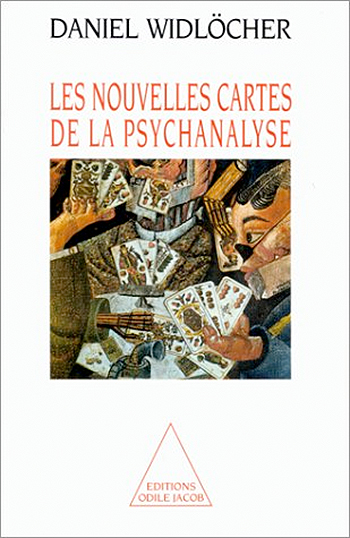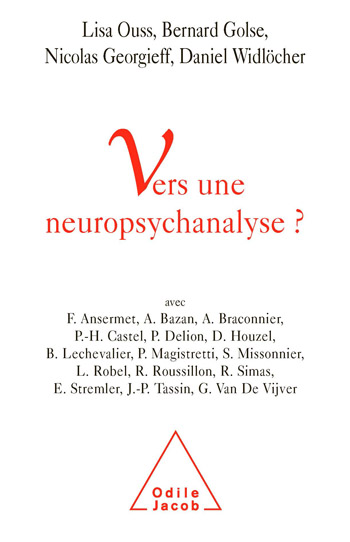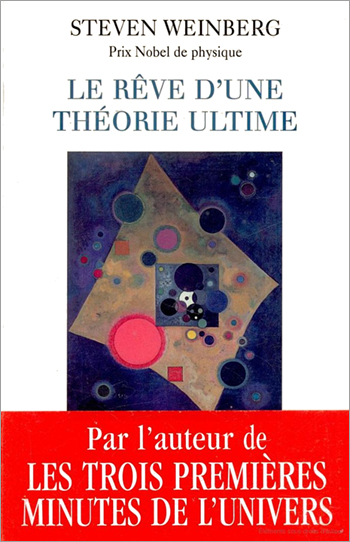Catalog All books
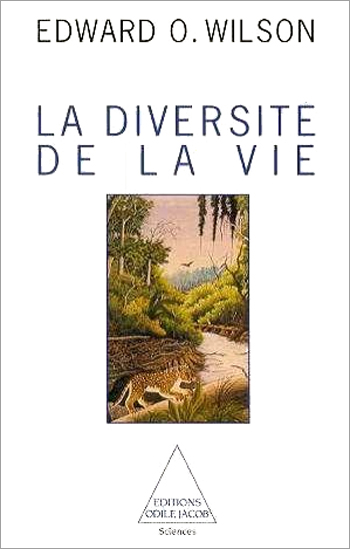
Edward O. Wilson
The Diversity of Life
What are the mechanics of evolution? What is the force behind diversity and the proliferation of the species? Why does nature never stop inventing new forms of life? What is the effect of great catastrophes on the evolution of the species? What is the real effect of human action on nature? A professor at Harvard University, Edward O. Wilson is one of the most important theoricians of biological evolution. He is also one of the most ardent lobbyists for the preservation of nature.
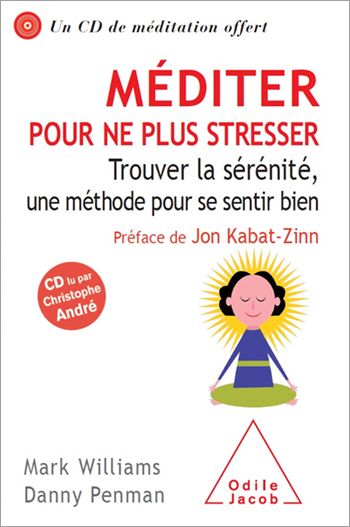
Mark Williams, Danny Penman
Mindfulness: An Eight-Week Plan for Finding Peace in a Frantic World
Following The Mindful Way through Depression, the latest success by Oxford professor Mark Williams
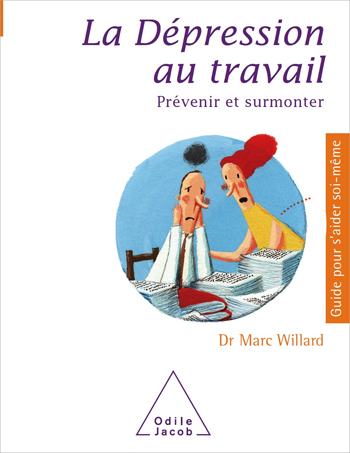
Marc Willard
Preventing and Overcoming Job-related Depression
How to prevent and overcome workplace-related depression
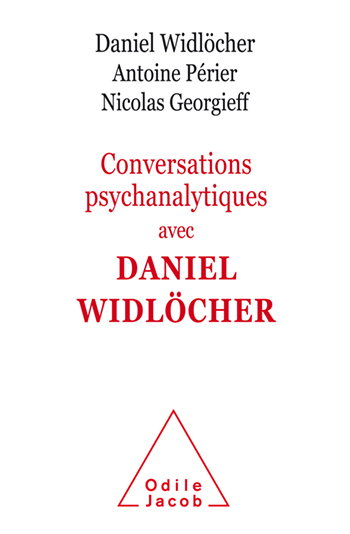
Daniel Widlöcher, Antoine Périer, Nicolas Georgieff
Around Daniel Widlöcher: Psychoanalytical Conversations with Antoine Périer and Nicolas Georgieff
These conversations with Daniel Widlöcher are of particular importance: he is one of the last great figures in French psychoanalysis of the post-war generation.

Nicole Delattre, Daniel Widlöcher
Reviewing Psychoanalysis
The task that the authors, Nicole Delattre et Daniel Widlöcher, have set themselves in this book is to take stock of what is useful and reliable in psychoanalysis today. Daniel Widlöcher sets out his view of this unique discipline, and the great concepts that it brings together, in addition to observing its pioneers and different spheres. In particular, he outlines his vision of the future of psychoanalysis, which is presently enjoying a revival. A professor at the University Pierre et Marie Curie, Daniel Widlöcher has for many years headed the psychiatry department at the Salpêtrière Hospital in Paris. He is the president of the International Association of Psychoanalysis and is notably the author of Métapsychologie du sens, of Logiques de la dépression and of Nouvelles Cartes de la psychanalyse. Nicole Delattre is a professor of philosophy

Daniel Widlöcher
How to Become a Psychoanalyst And Not Give Up
A master of psychoanalysis recounts how his career and his thinking made him who he is

Nathan Weinstock
The Promised Land that Promised Too Much
This vast investigation, based on new sources, will transform the prevailing vision of the Arab-Israeli conflict and of its origins.

Laurent Wauquiez
The struggle of the middle class
In the run-up to the French presidential elections, here are a series of proposals that offer the middle classes the future perspectives they deserve
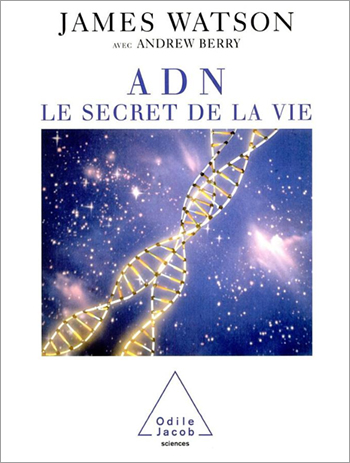
James Watson
DNA The Secret of Life
Fifty years ago, when he was only 24, James Watson contributed to cracking the genetic code and thus helped resolve one of the greatest scientific mysteries of our age. In DNA: The Secret of Life, he goes back in time and offers an overall view of the genetic revolution. He gives us the keys to understanding the molecular foundations of life and shows to what extent our knowledge of genetics affects how we regard our origins and our own identity. Drawing on his long experience at the forefront of genetic research, he examines the brave new world that lies before us all and the consequences of the genetic revolution. James D. Watson is best known as the co-discoverer, with Francis Crick and Maurice Wilkins, of the molecular structure of DNA. For this accomplishment, the three men shared the 1962 Nobel Prize for Physiology or Medicine. In 1968, he was appointed director of Cold Spring Harbor Laboratory, on Long Island, New York, and has served as its president since 1994. Andrew Berry is a junior fellow at the Museum of Comparative Zoology at Harvard University
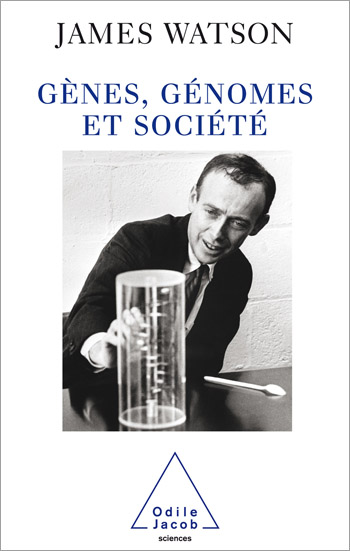
James Watson
A Passion for DNA Genes, Genomes and Society
In 1953, two young scientists, James Watson and Francis Crick, began a scientific revolution when they discovered the double helix structure of the DNA molecule, the substance that is the basis of heredity. James Watson, who won Nobel Prize in 1962 at the age of 34, has continued to play a central role in the field of genetics. Throughout his long scientific career, he has constantly sought to explain the latest developments and findings. The present volume is a collection of articles and lectures reflecting his views during the past fifty years on such subjects as GM foods, cancer, the sequencing of the human genome, and the ethical and social consequences of biology. This is a thought-provoking, often optimistic and always spirited book, reflecting the life and work of one of the great minds of the twentieth century.


